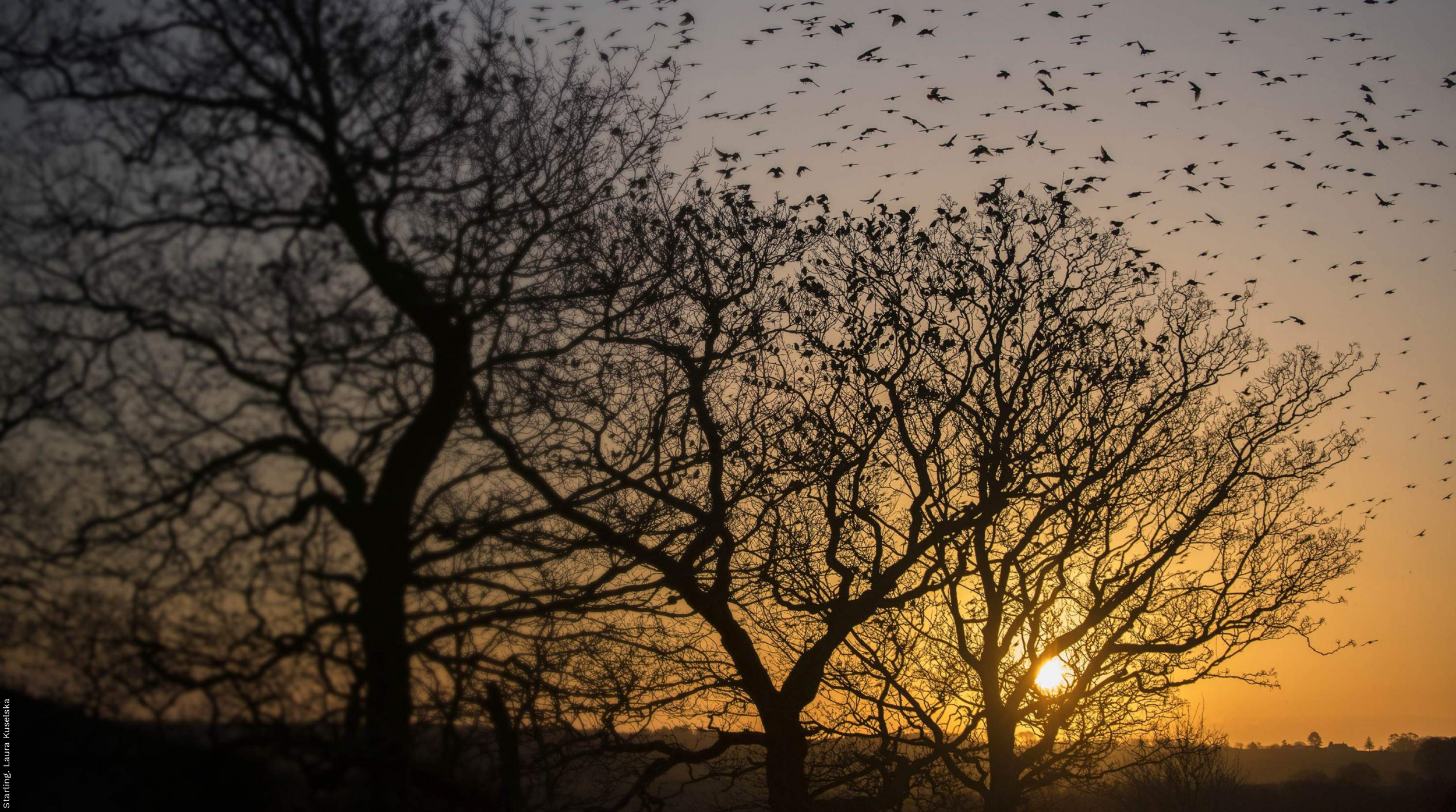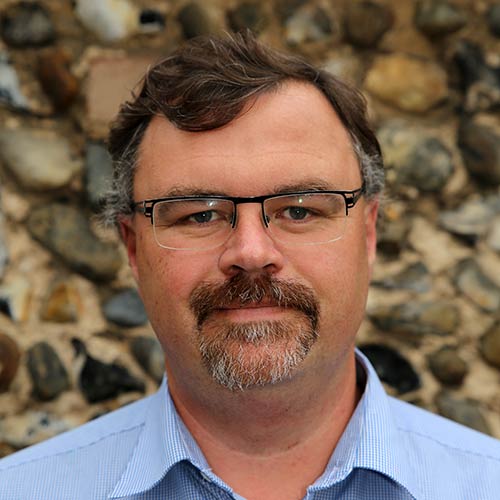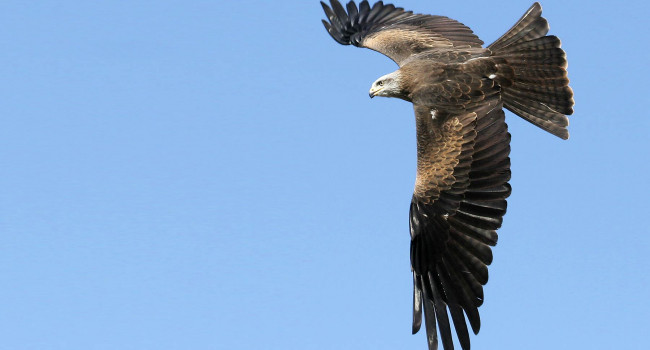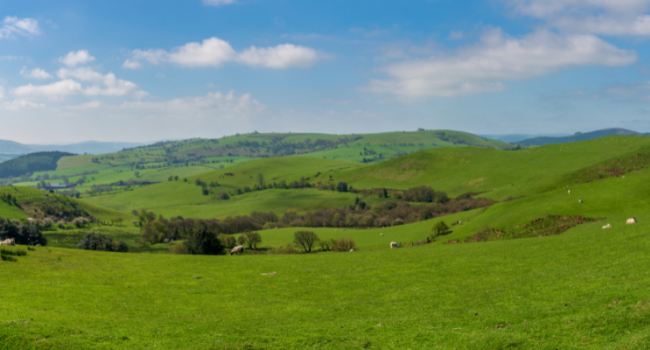Declining coastal bird populations in Great Britain: victims of climate change and sea-level rise?
Author(s): Norris, K & Atkinson, P.W.
Published: January 2000 Pages: 21pp
Journal: Environmental Reviews Volume: 8 ( part 4 )
Digital Identifier No. (DOI): 10.1139/a00-011
Is sea-level rise and (or) climate change responsible for current declines in important coastal bird populations in Great Britain, and how might these processes affect bird populations in future? We review the current status of coastal bird populations in Britain and identify two important species, Common Redshank (Tringa totanus) and Twite (Carduelis flavirostris), whose populations are currently declining. We then review the evidence relating to the causes of these declines. There is evidence that habitat loss, driven by sea-level rise and climate change (e.g., an increase in wind and wave energy reaching the coast due to an increase in the frequency of storms), could have contributed to the decline in Twite. Common Redshank numbers are declining because of changes in grazing management, not sea-level rise. Populations that are currently stable or increasing, such as wintering waders and wildfowl, might in future experience declines in abundance because there is a link between climate, food supply, and bird abundance. There are insufficient reliable data at present to allow us to predict future changes with any confidence. Sea-level rise and climate change are currently important issues facing coastal zone management in Great Britain, and these issues may become even more pressing in future. But, in addition to these environmental processes, coastal bird populations are affected by a range of other anthropogenic factors. Conservationists, therefore, need to identify important bird populations that are (or could be in future) detrimentally affected by any of these activities rather than focusing exclusively on single issues such as sea-level rise. Allowing the sea to breach existing sea defences, thereby creating new saltmarsh, provides a way forward but is not without its practical and political difficulties.
Staff Author(s)







Share this page